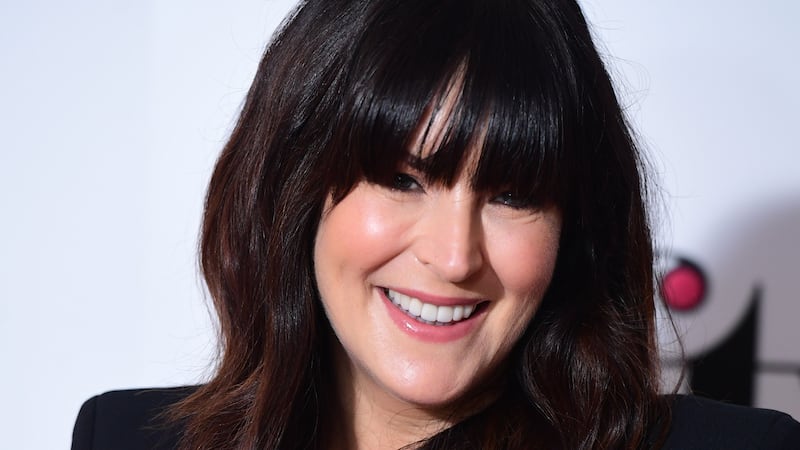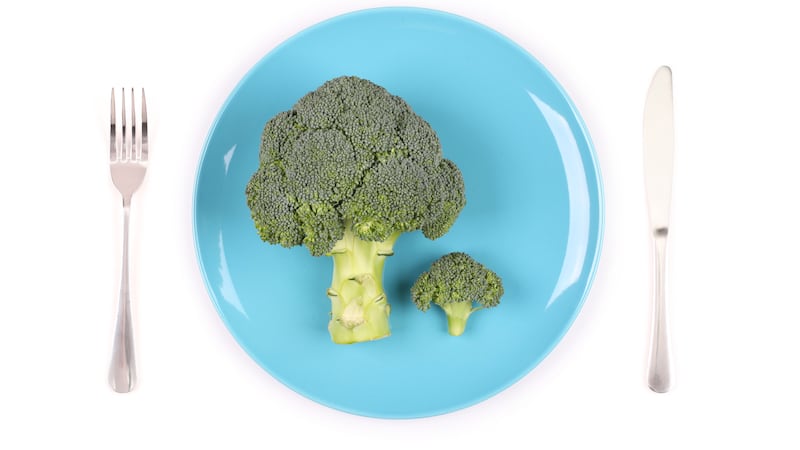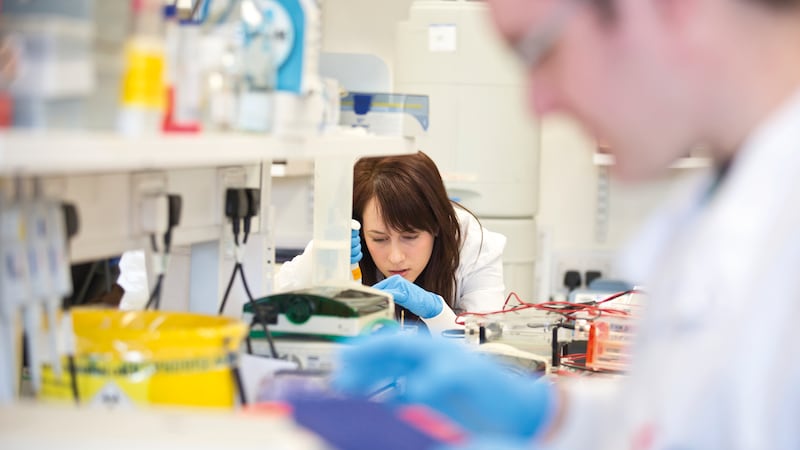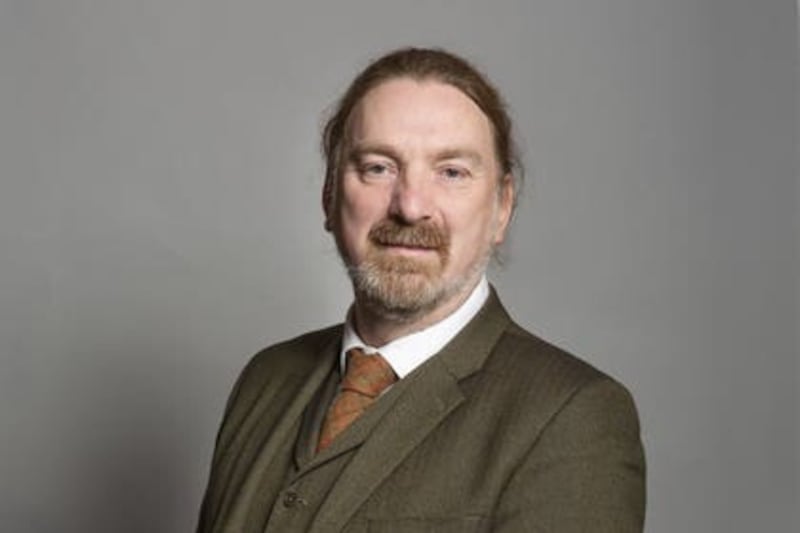Anna Richardson said facing up to the loss of her fertility with menopause hit her “like a brick wall”.
The TV presenter and podcaster, 52, who started experiencing perimenopause symptoms in her mid-40s, still hopes to start a family – but said her feelings around having children have always been “conflicted”, following the trauma of an ectopic pregnancy at 21.
“Fertility, particularly if you are a woman, is absolutely core to our identity, and I think sometimes we don’t give enough weight to that. I’ve always had a conflicted opinion or feelings about being a mother and having my own children, because of my early experience of traumatic pregnancy, so that informed me not having my own children,” explained Richardson.
“I was relatively comfortable with that as my life has gone on, because I’ve got a very successful career, and I could see friends around me having kids and thinking, ‘Jesus Christ, I don’t want to deal with that – that looks like a nightmare!’
“However, there is something about hitting menopause where the choice is removed from you, and suddenly you’re faced with: A, your mortality, and B, the end of your fertile years – and you suddenly think, God, even if I wanted to have kids, I can’t now. And what does that mean, where does that leave me in terms of building my own family and future? That’s hit me like a brick wall in my face, of hang on a second, I’ve missed out on building a family.”
An ectopic pregnancy is when a fertilised egg implants outside of the womb, usually in the fallopian tubes. As well as resulting in loss of the pregnancy, it can sometimes lead to life-threatening complications. Richardson underwent urgent surgery for hers, revealing the scar earlier this year during an episode of Naked Education – the body positivity spin-off series to Channel 4’s Naked Attraction dating show, which she’s fronted since 2016.
She has previously also talked about suffering a miscarriage in her 40s after “accidentally” getting pregnant, and Richardson has been open for a few years now about the fact she’s been looking into different routes to parenthood, including adoption.
“I’m still starting my baby steps on that path,” she added.
Richardson – who was in a relationship with former presenter on The Great British Bake Off Sue Perkins for seven years before they split in 2021, and is now reportedly dating Simon Marks, who works for a mentoring foundation – believes we need to talk more about the complexities surrounding fertility experiences, including for women who remain child-free.
“We do not talk about it enough, about our fertility and whether or not we can have kids, but more importantly whether or not you choose to have them. Because there are plenty of women who choose to be child-free, and those women should be celebrated – they have a really valid and important place in society. I want to highlight that as well,” said Richardson, who also explored this topic in a recent episode of her podcast, It Can’t Just Be Me.
“In a way, our fertility as women is a blessing and a curse, isn’t it? It is central to our identity and that is not necessarily an easy journey. For plenty of women, they are either not able to have children, or they discover in trying to have children that it’s very difficult. Some women, like myself, were conflicted about having children, for some it’s to do with trauma – and then as you get into middle age, when the choice is removed from you, there’s then an awful lot of pain and regret for some people.
“I think [it’s] absolutely right to say that perhaps as a society, we don’t honour that enough, and honour the female experience enough.”
Richardson is known for not shying away from taboo topics, championing shame-free conversations around everything from body image and sex to mental health through her TV work and writing. This is a big part of her motivation when it comes to talking about menopause too.
“I’m all about breaking taboos and smashing down shame. Shame is a killer for people – and there is nothing shameful about the female body and the life transitions we go through. In the same way that teenage girls start their periods, and we’ve started to get better educated and open about that, we need to remove the shame at the other end of fertility when your periods stop.
“And there are going to be some changes – it’s sort of like being a teenager in reverse,” she added. “We need to remove the stigma and be better armed, [so you can] have the confidence to go and see your GP and say: This is what’s going on, I think I might be perimenopausal and I need some help.”
She highlighted that menopause isn’t always “very difficult”, however.
“I want to be balanced, because some women have no problem at all, they sail through menopause, it doesn’t necessarily have to be a very difficult transition. But for me, I have found it very, very difficult, in the same way that in my fertile years I really struggled with my hormones, so I am one of those women that gets very hormonally affected,” said Richardson, who has cited brain fog and mood changes as some of the main ways she’s been impacted.
“But I’m taking care of myself. I’m very aware of my menopausal symptoms, I’m very aware of what I need to do. I’m working alongside Replens [the vaginal moisturiser brand designed to help women with dryness that can occur with hormonal changes in perimenopause and menopause], so that’s been a fantastic resource and education, specifically to look at the little talked-about symptom some women get, which is obviously as you get older, you dry up – and that includes your vagina and all the tissue around it.”
The TV personality – who noted that she is on HRT and has become more mindful of her diet and exercise, incorporating regular strength exercises and Pilates – said menopause has brought some positives too.
“The one thing I’m grateful to the menopause for, it gives you an immense sense of freedom and a sense of identity. I think as middle-aged women, we’re confident about who we are, what we like and don’t like, so I’m sort of grateful to it for that,” Richardson added.
“And in terms of self-care, it has given me a huge kick up the arse… It’s given me motivation to look after myself.”
Anna Richardson is a brand ambassador for Replens.








